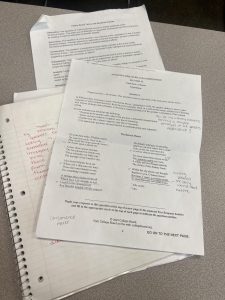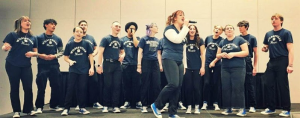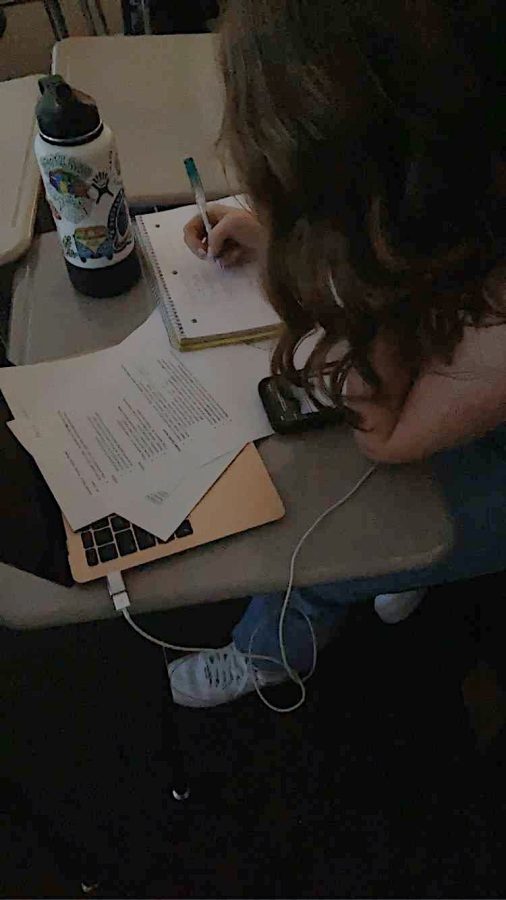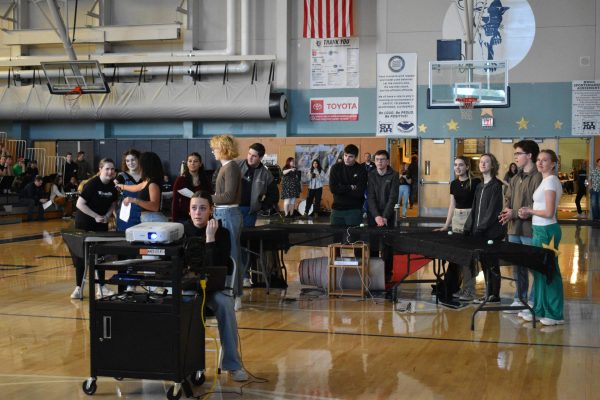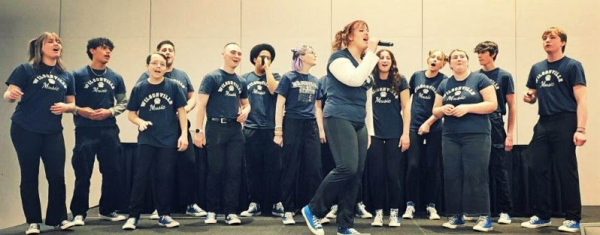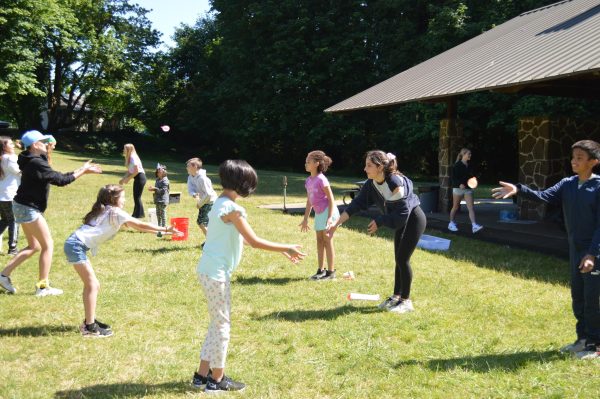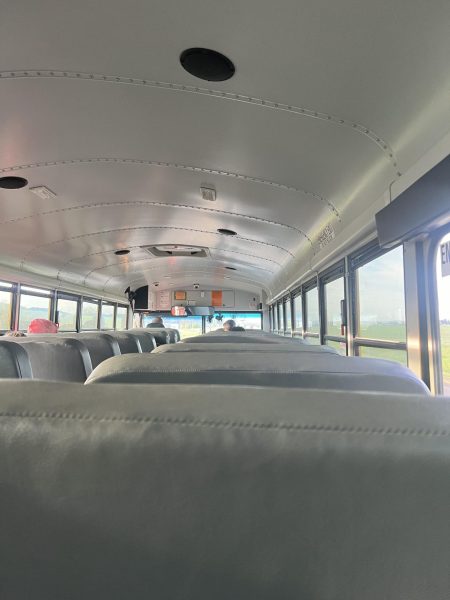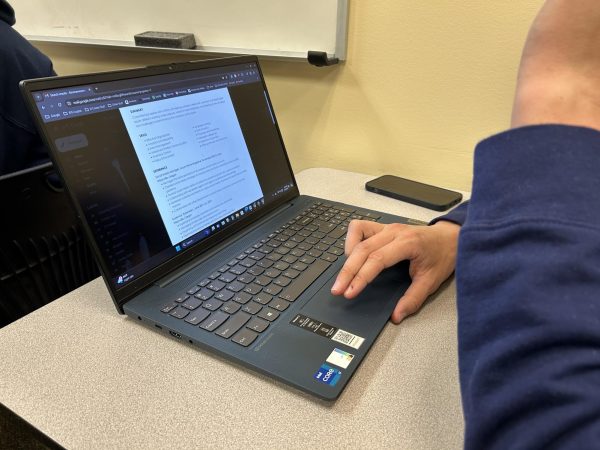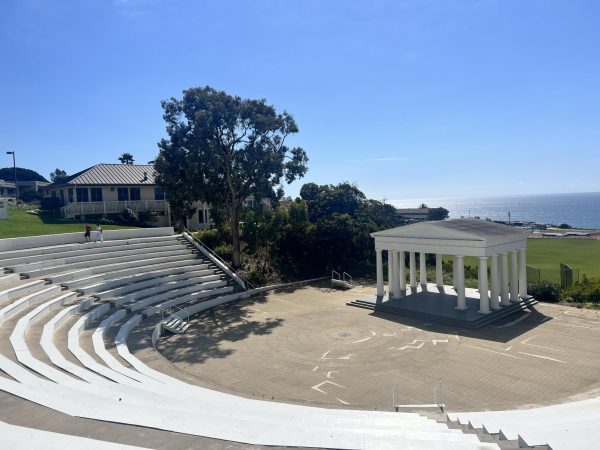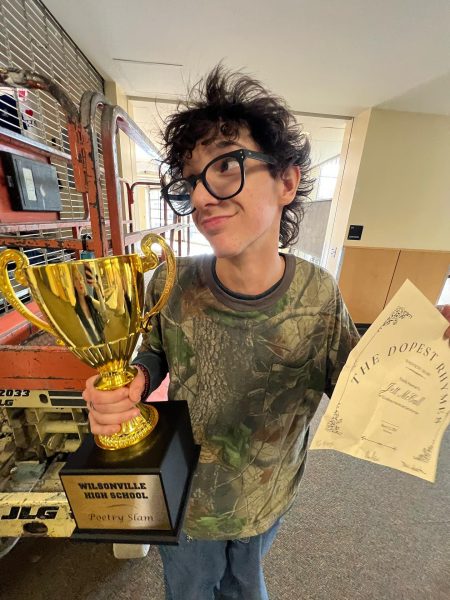Week 3 check-in: How are students handling the workload?
Hannah Wilken is seen staying on top of her work. She is juggling a large workload, but is managing it well!
Every year, around the end of the first semester, the term “burnout” is thrown around. The weather is cold, the days are shorter, and it can feel like work is increasing exponentially. These things can cause the feeling of ¨burnout¨ in a lot of students- they feel like they just can’t work anymore. At the beginning of the year, there’s less work, and more time to fix grades, so it stands to reason that there are significantly less kids feeling burnt out by school. The problem is, burnout can sneak up on you, so it’s important that students check themselves to see if they need a break, or maybe just an extra hand.
Hannah Wilken, senior, says she feels the burnout coming. “I’m taking four AP classes, and I already feel things piling up.” She further explained that while students in AP classes choose to be there, it can feel difficult to take a step back and recover through all the rigor and constant inundation of new work. Many students can relate to Wilken’s point— while difficult classes can be rewarding, the work can feel overwhelming, and oftentimes there simply aren’t enough hours in the day to both recharge and complete all the assigned work. Anna Jardin, also a senior, offers a different perspective, “While I have felt burnt out in the past, I don’t necessarily feel burnt out yet due to the fact that I have no challenging classes; school almost feels more optional because my classes can be done at home.”
Not all students experience burnout, but it’s important to get ahead of it now by stepping back and checking in on how you’re handling work. Burnout can sometimes last for weeks, or even months, so truly the most efficient solution is to take preventative measures, as opposed to trying to stop it when it’s already in effect. The best things students can do for themselves are to assess their workload, make a plan/schedule that is specific but achievable, and to reach out for help before things get too difficult. Whether it be a teacher, counselor, friend, or family member, extra help early in the year can keep a student at a good pace, both mentally and in terms of school.

